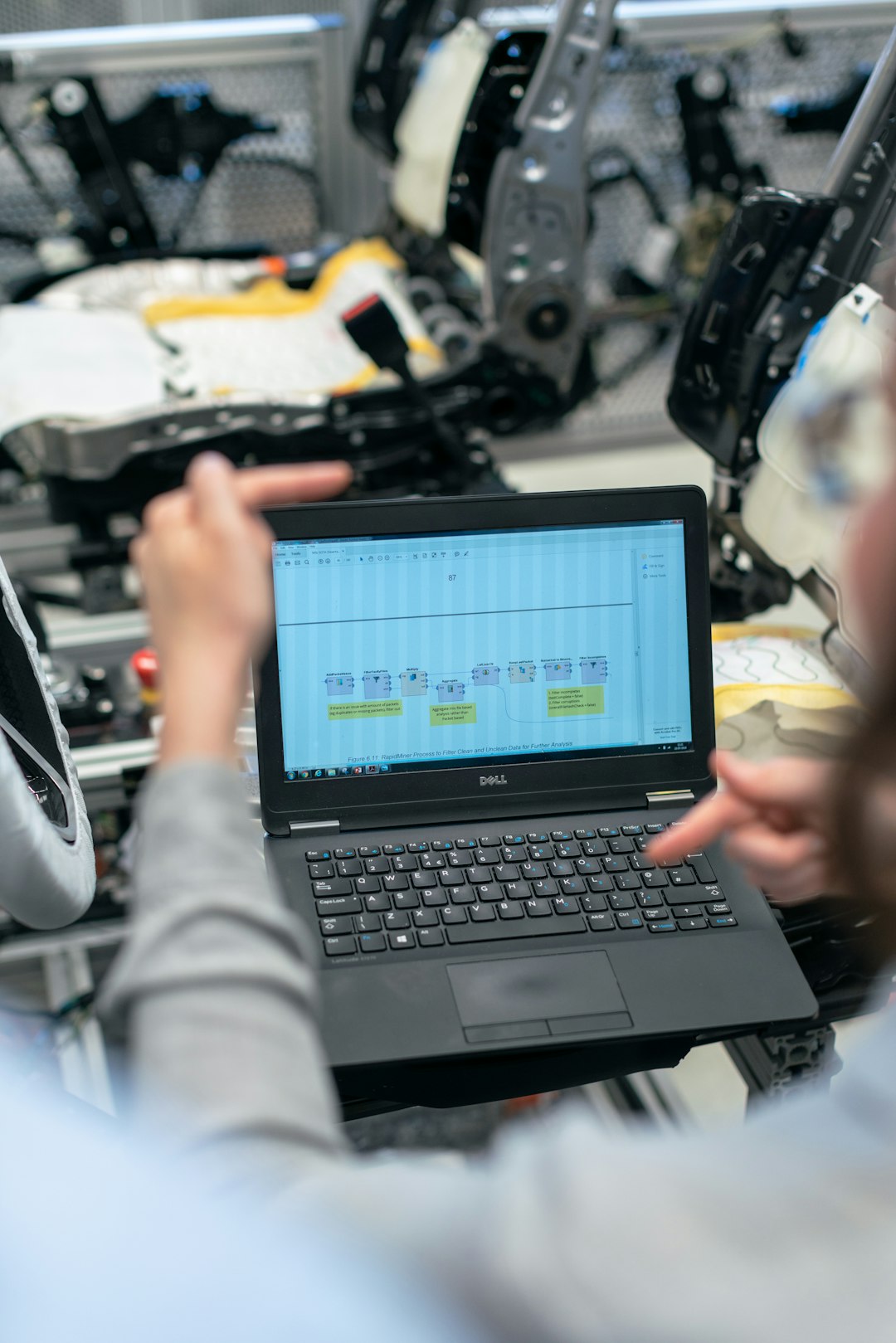Software engineering plays a crucial role in modern software development, as it involves the systematic application of engineering approaches to the design, development, testing, and maintenance of software systems. In today’s technology-driven world, software has become an integral part of our daily lives, from the apps on our smartphones to the operating systems on our computers. Without software engineering, these systems would not be able to function effectively and efficiently.
One of the key aspects of software engineering is the software development life cycle (SDLC), which is a process that outlines the stages of developing software from inception to deployment. This process typically includes requirements gathering, design, coding, testing, and maintenance. By following a structured SDLC, software engineers can ensure that the end product meets the needs of users, is reliable and secure, and is delivered on time and within budget.
Another important aspect of software engineering is software architecture, which involves the design and organization of software components to meet system requirements. A well-designed software architecture is critical for ensuring that a software system is scalable, maintainable, and resilient. Software engineers use various design patterns and principles to create robust software architectures that can adapt to changing requirements and technologies.
In addition to software development and architecture, software engineering also encompasses software testing and quality assurance. Testing is a crucial part of the software development process, as it helps identify and fix bugs and errors before they can impact users. Software engineers use a variety of testing techniques, such as unit testing, integration testing, and regression testing, to ensure that the software meets quality standards and is free of defects.
Furthermore, software engineering plays a key role in ensuring the security of software systems. With the increasing number of cyber threats and data breaches, it is essential for software engineers to incorporate security best practices into the development process. This includes implementing secure coding practices, conducting security audits, and performing penetration testing to identify vulnerabilities in the software.
Moreover, software engineering is essential for maintaining and updating software systems. As technology evolves and user requirements change, software engineers must continuously improve and enhance existing software to ensure that it remains relevant and competitive. This involves regular maintenance tasks, such as bug fixes, performance optimization, and feature enhancements.
Furthermore, software engineering is crucial for collaboration and communication among development teams. In modern software development, teams are often distributed across different locations and time zones, making effective communication and collaboration essential. Software engineers use collaboration tools, such as version control systems and project management software, to coordinate their work and ensure that everyone is on the same page.
Overall, software engineering plays a vital role in modern software development by providing the tools, techniques, and practices needed to create high-quality software systems. Without software engineering, it would be challenging to develop complex software that meets the needs of users, is reliable and secure, and can adapt to changing requirements and technologies. As technology continues to advance, the role of software engineering will only become more critical in shaping the future of software development.


